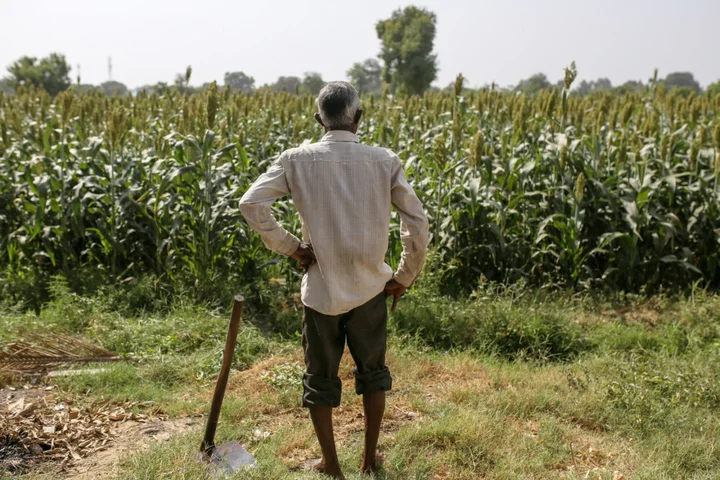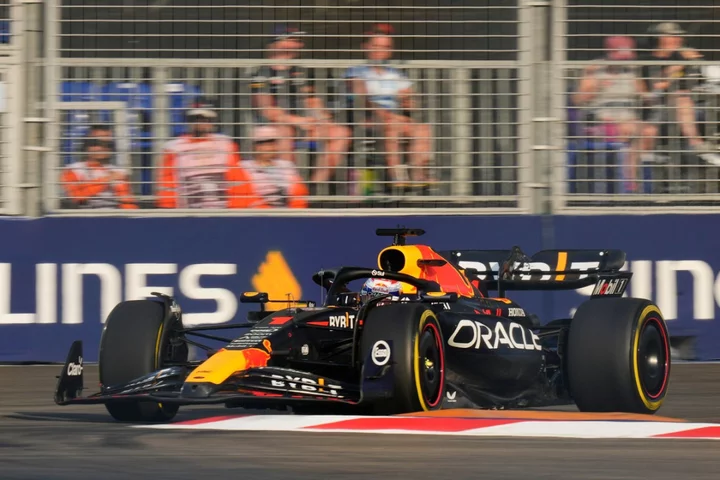The world’s increasingly volatile climate is now one of the core risks to manage when it comes to long-term investment in agriculture.
“We’ve put in a lot of time thinking about rainfall patterns, climate change scenarios,” Adrian Goonan, agriculture investment director at Warakirri Asset Management, said at the JANA Annual Conference in Sydney on Thursday. The company has over A$3 billion ($1.9 billion) under management and has invested in broadacre crops, dairy and horticulture across Australia.
Extreme heat and heavy rains have damaged crops across the world this year, from corn and soybeans in the Americas to wheat in China. Parts of southern Australia have seen a decline in rainfall over recent decades and the nation’s climate has warmed by an average 1.47C since records began in 1910.
Rising global temperatures threaten to damage crops that rely on predictable weather, which will likely lead to higher food prices. That raises the risks of governments curbing exports to ensure food security for their own citizens.
“If we can invest in businesses where we can minimize our exposure to climate, which really impacts yield or productivity, that’s where we like to get involved,” Frank Barillaro from ROC Partners, which has about $8 billion under management, said during an interview at the conference.
Nuveen Natural Capital Global Head Martin Davies said there was a lot more opportunity to add value with permanent crops such as grapes, and that technology is an important part of the asset selection process.
It means “using climate prediction models to look at particular locations where there will be a heightened risk in the future and opting not to invest in those particular areas,” he said. “That’s not just in general terms, that’s getting down to individual crop types.”
Nuveen Natural Capital has more than $12 billion of assets under management, including over 3 million acres across nearly 600 properties in 10 countries, according to its website.









